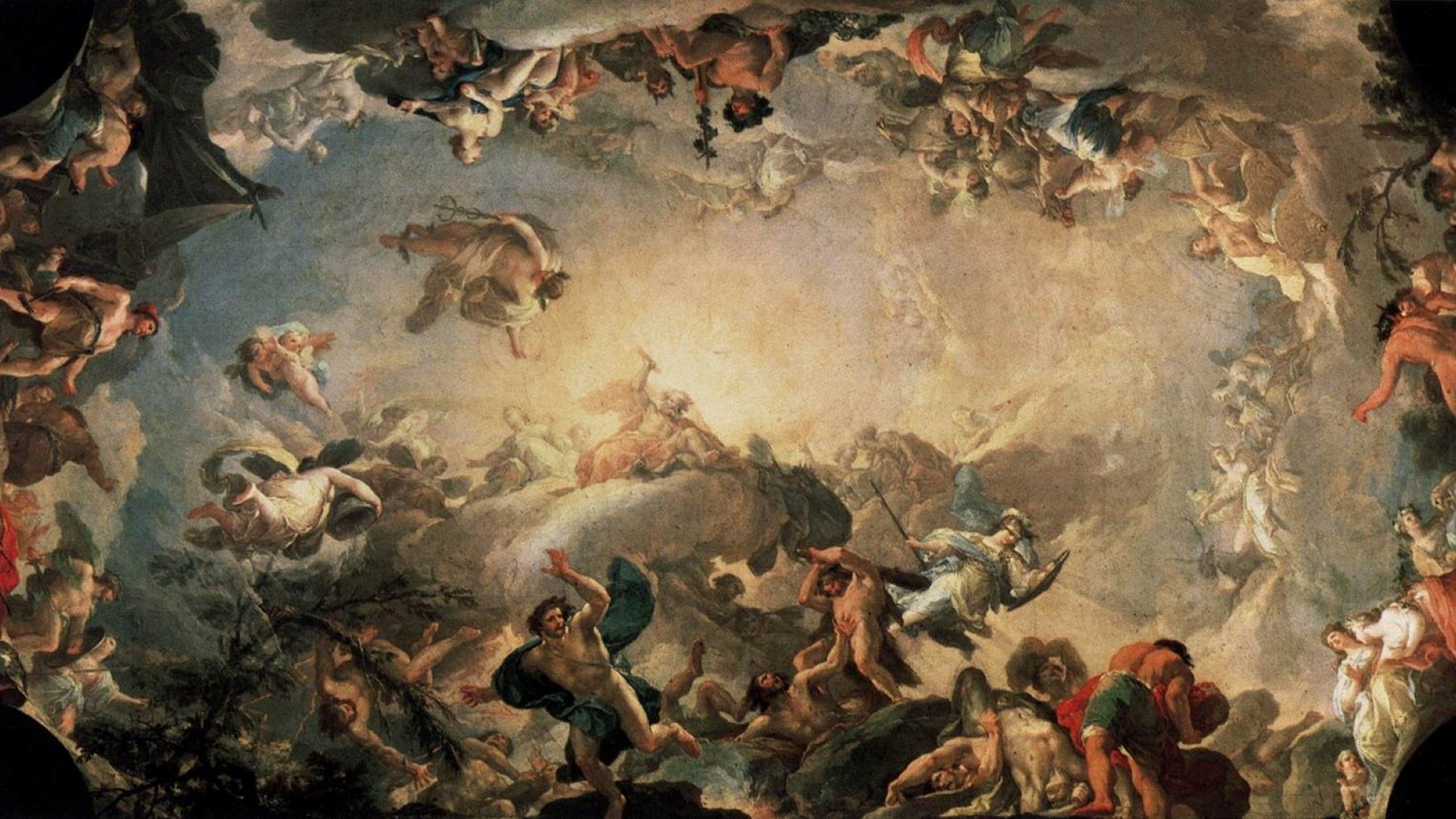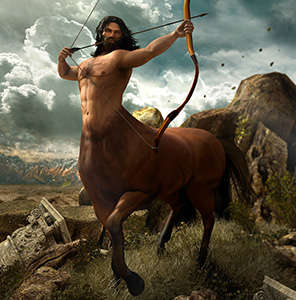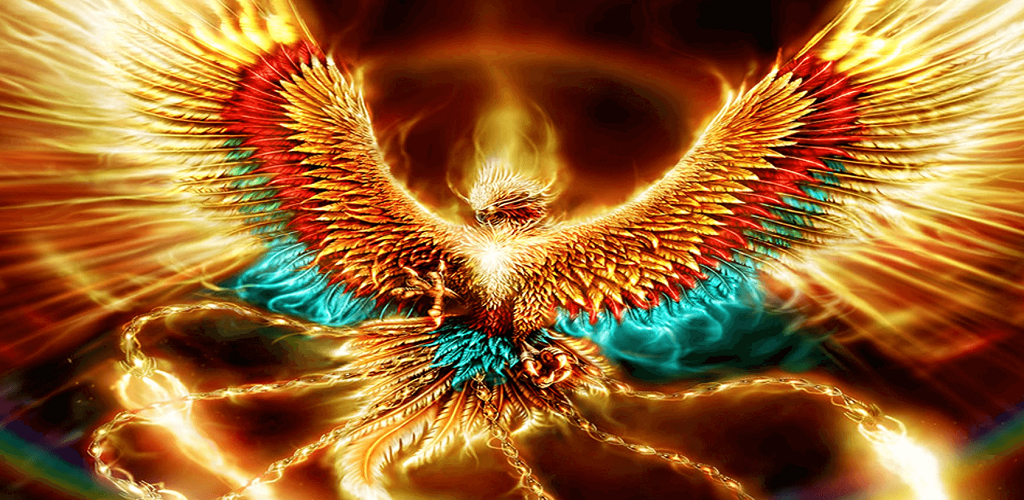
Chiron

You can't read many stories in ancient Greek mythology without running into a hero or heroine, overcoming great odds, displaying super-human strengths or abilities, completing near-impossible quests or battling the most horrifying creatures ever seen. But great heroes, with very few exceptions, are not born; they are made. Every great figure who ventured forth into the world to fight, adventure and get into trouble had a teacher or mentor to get them to where they needed to be.
For most of the heroes Greek mythology has to offer, that great teacher was CHIRON, the wise, intelligent yet wholly dangerous-if-pushed Centaur.
Under usual circumstances, Centaurs (who had the upper body of a man/woman and the lower body of a horse) tended to be a vicious and rude bunch, attacking outsiders who came too near or sometimes simply for the fun of hacking up some humans.
Even in the best situations, most Centaurs tended to be gruff and rough jerks, usually drunk, who'd just as soon smash your face in, much less talk to you. Chiron, however, was of a different sort; he was knowledgeable in the arts, was regularly a gentle and civilized soul, and was a skilled and trained warrior who knew every fighting technique known at the time. Archery, hand-to-hand-combat, wrestling, swordplay; you name it, he knew it and could prove it first-hand.
His pupils benefited from all of the arts of war, but they also learned poetry, history, speech, and what we today call "critical thinking skills," (thinking outside the box!). Horseback riding, naturally, was a skill he could relate to! He knew medicine and the crafts of healing and knew how to track and hunt; these skills also were taught as those needed for survival in a rough and deadly world. Some of ancient Greece's most famous adventurers (and even a god-in-training or two) were trained by him and were given great knowledge; He taught his skills of medicine to Asclepius, the guy who would become the actual God of Medicine and Healing!
Achilles, the Trojan War hero, Jason, the leader of the Argonauts and the seeker of the Golden Fleece, Theseus, the slayer of the Minotaur, Actaeon the great hunter, the poor sad sack who ran afoul of Artemis and paid with his life...and many others; all benefited from being apprentices of the wisdom, advice and training the Centaur had to give to them (in a way, Chiron is a bit like Master Yoda from the Star Wars saga! Just in man-horse form!)
Chiron was a scholar and a gentleman. He lived in a high, remote cave on Mount Pelion and was frequently given the honor of teaching Greek children, especially "castaways" that were sometimes demigods (half-human, half-god, which many Greek heroes tended to be!) He also saw himself as a father figure to many of the pupils he trained over the year and felt their loss as a father would if they fell in their adventures.
For example, when Actaeon met his unfortunate end at the hands of Artemis, Chiron, being a very talented sculptor, fashioned a statue of the hunter to comfort the Actaeon's lonely hounds that were left behind without a master. An honorable way for a teacher to honor his lost student!
It seems that Chiron was a matchmaker as well, as he was responsible for bringing a king named Peleus together with the old Titan-goddess Thetis. (exactly how he pulled that off, it's not mentioned!) Hooking them up eventually brought about the birth of the hero Achilles, who would go on to be the fiercest warrior the Greeks had when they attacked city of Troy in the Trojan War!
To get him up to snuff and into "hero" status, Achilles was placed in the care of the old Centaur, who trained him and raised him. To toughen him up, Achilles was fed nothing but the entrails of wild animals because Chiron believed this would instill great courage into the boy. (it takes courage NOW to eat raw meat!) It was also said that Achilles was so swift, he could outrun even Chiron himself! (after training with the Centaur for years beforehand.) As an adult, Achilles proved himself as one of the Trojan's worst nightmares due to Chiron's training!
Sadly and tragically, in spite of all his goodness, Chiron came to an unfortunate end. Oddly enough, the Centaur's death came as a result of a visit from another Greek hero, the mighty Hercules. After his Fourth Labor, where he had killed the Erymanthian Boar, on his way home, Hercules had stopped by Thessaly, at the cave-home of another rare, friendly Centaur named Pholus. Pholus, who knew of Hercules' feats of awesomeness, (and being a hospitable and kindly Centaur host) set a stacked table that evening in honor of his guest, filled with smoked meats for Hercules and raw meat for himself (Centaurs tend to chow down on meat uncooked.)
As Hercules was enjoying his tasty meal, he looked around the table and saw that no wine had been set out before him. When Herc politely requested a sip to quench his thirst, Pholus apologized and explained that there was only one cask. A special cask. It had been a gift from Dionysus, the god of wine himself, and that it belonged to all the centaurs as a group. No one else was supposed to drink it.
Hercules was dying for some wine and started his best attempt at persuasion. After awhile of sweet-talking and "pretty-pleases," he managed to convince Pholus to open the cask, just for one little drink. As soon as Pholus tapped the cask, the fragrant fumes of the strong godly brew filled the air, wafting out of the cave, and rousing the attention of the other Centaurs (Centaurs know a good wine when they smell one!).
When they found out that someone other than a full-blooded Centaur had dipped into their wine, they went off the hook and stampeded towards Pholus' cave. The herd launched a vicious attack on poor Pholus (who was only trying to be a gracious host) and Hercules. Fortunately for the two diners, Hercules was armed with his toxic, poisonous arrows, which he had crafted after his Second Labor. After slaying the Lernean Hydra, the hero had made the nasty missiles deadly by dipping them into the blood of the dying beast. Anyone getting so much as nicked by the tips was as good as dead.
The centaurs, once they realized that they were being targeted by Hercules and his dreaded arrows, turned tail and took off the other direction. They tried to take refuge in the cave of Chiron, who had not taken part in the attack, but Hercules followed after them and the battle raged on in the cramped area of Chiron's mountainside home. Arrows flew and Centaurs bit the dust.
As the fighting progressed, Chiron was accidentally caught in the crossfire while trying to get out of the way and was struck by one of the toxic arrows. Because he was immortal, a son of Cronus (the Titan), death would never come for the wise Centaur. Eternity in pain would be his torture, as death could never release him.
Rather than leaving Chiron to suffer forever with such intense, brutal pain, his half-brother Zeus took pity on him and personally released him from his agony, placing him among the stars as the constellation Centaurus. The teacher of heroes and mentor of kings had now passed from the earth and into the heavens. When both sides in the fight realized what had been done, the battle stopped cold, both Hercules and the Centaurs hanging their heads in shame and in sadness over the loss of the wise, old Centaur.
Chiron was not the only fatality, for when the battle was over Pholus also lost his life. As he was burying some of his fellow centaurs, he accidentally dropped one of the venomous arrowheads on his foot, leaving but a tiny scratch; that was all it took to infect himself with the Hydra's deadly poison. Death came quickly.
Hercules was deeply saddened by this horrible turn of events and with his herd of fellow Centaurs, buried his faithful friend with all honors.
[1]
Sources
Our Mobile Application
Check out Our Mobile Application "Ancient Greece Reloaded"


